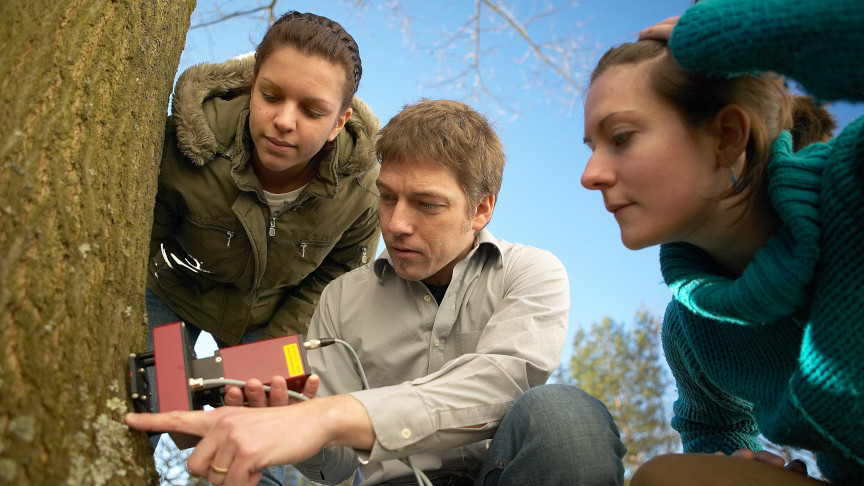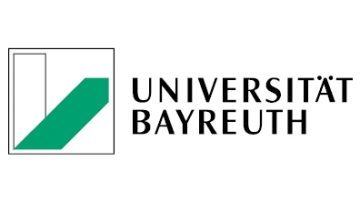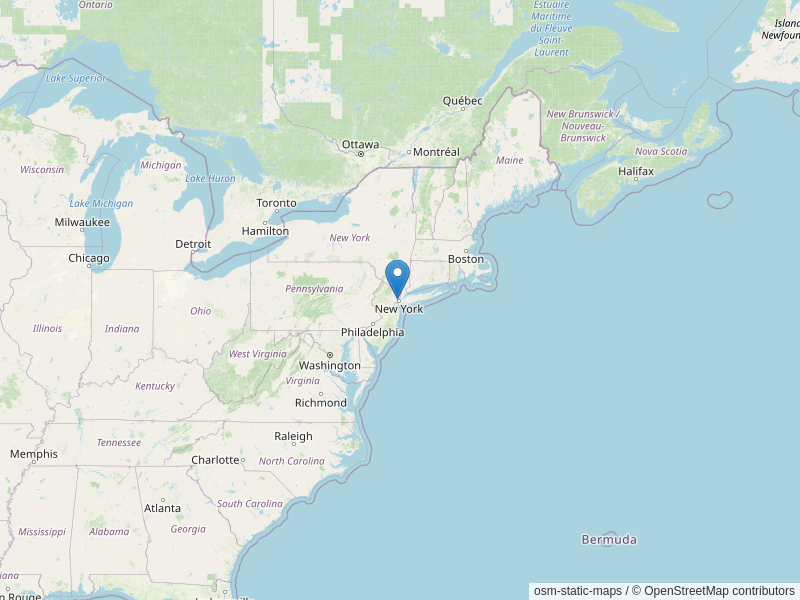Group Study Visit

The objectives the funding are:
- to establish and maintain contacts between German and US/Canadian universities
- to provide participants with a subject-specific knowledge by organizing visits to at least two German universities, subject-related tours and informative meetings
- to promote meetings with German students, academics, and scientists
- to offer participants an insight into economic, political, and cultural life in Germany. This should not take up more than a third of the duration of the group’s stay
Want to learn more about Group Study Visits? Take a look at these resources from past groups detailing their experiences!
The University of Rhode Island created a website with photos, videos, a blog, and more about their travels in Germany.
For insight into Barnard College’s Art History and Visual Arts Group Study Visit, please visit our interview here.
You can also join students from the Pratt Institute Graduate School of Architecture (GAUD), led by Professors Gisela Baurmann and Jonas Coersmeier, on their journeys through Berlin on Instagram.
In 2023, Northwestern University took a group of 15 students to Hamburg and Münster for a Global Engineering Trek. You can read all about their trip in this report [PDF 2.80 MB].
Who can apply and what is funded?
- All departments are eligible for this funding. The visit should be organized and arranged entirely by the home institution and should have a meaningful relationship to its curriculum.
- The proposed program should also give students a greater understanding of and insight into current issues in the academic, scientific, economic, political and cultural realms in Germany. This part must not make up more than one third of the funding term.
- The group should consist of 10 to 15 students (plus one accompanying faculty member) affiliated with an accredited US and Canadian university. The students should be at the bachelor’s (having completed at least two semesters), master’s, or, in exceptional cases, doctoral level. The trip should be for 7 to 12 days, although the visits themselves may last longer. Participants may be drawn from more than one institution.
DAAD offers funds up to around € 9,600 to subsidize room and board, depending on the size of the group and length of stay (€50 per participant per day). Participants will have to supplement the funding provided by DAAD with resources of their own. Groups will not be eligible for funding in successive years.
DAAD is not responsible for any visa matters regarding entry into Germany or re-entry into the US and Canada for international students.
Deadlines:
- November 1st (for trips commencing between March 1st and May 31st of the following year)
- February 1st (for trips commencing between June 1st and August 31st of the same year)
Please note: Due to funding restraints, the May 2025 deadline has been canceled.
Applications must be filed by a faculty member and should include:
- Signed application form (it is not necessary to submit names of students at the time of application; available for download in the box on the right)
- Statement of reasons and description of program content outlining exactly how this trip ties into the curriculum. Please note that the sightseeing portion should not be more than one third of the funding term
- A detailed itinerary
- Proof of contacts on the German side, especially in higher education (e.g. by submitting copies of correspondence-invitations, confirmations
- An itemized total budget
Submit your complete application as 1 PDF file to: kim@daad.de
The results are usually announced 4 to 6 weeks after the deadline.
Reporting your Results:
- DAAD expects the submission of a report on the visit within six weeks of the return from Germany.
- The final report should be a detailed narrative, which outlines your activities and results. It should also include the overall budget of the study tour.
- DAAD would welcome a copy of any publication resulting from the study tour.
Scholarship Database
Here you can find information on various kinds of DAAD funding for students, graduates and postdocs as well as on funding offered by other selected organisations.













